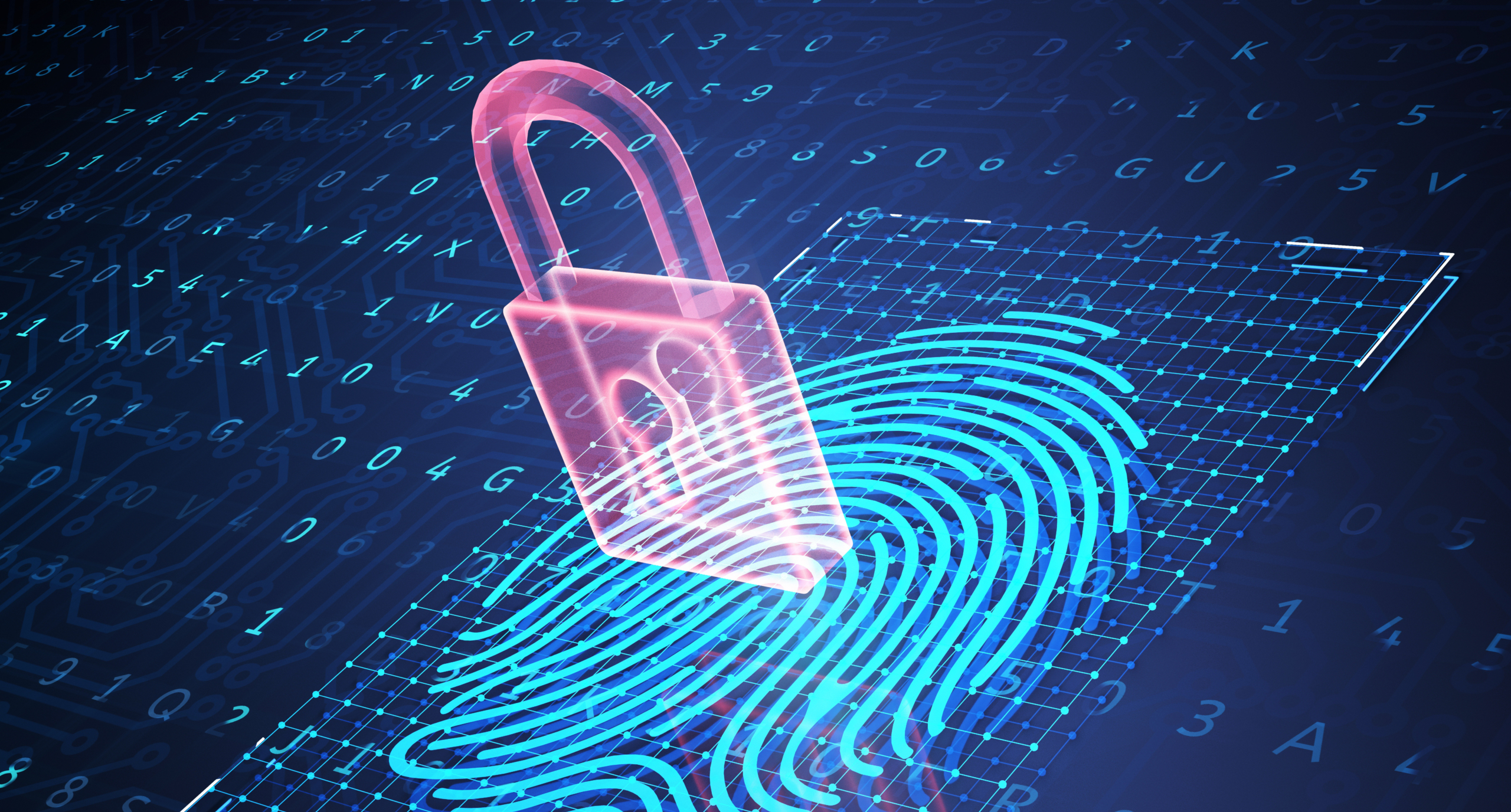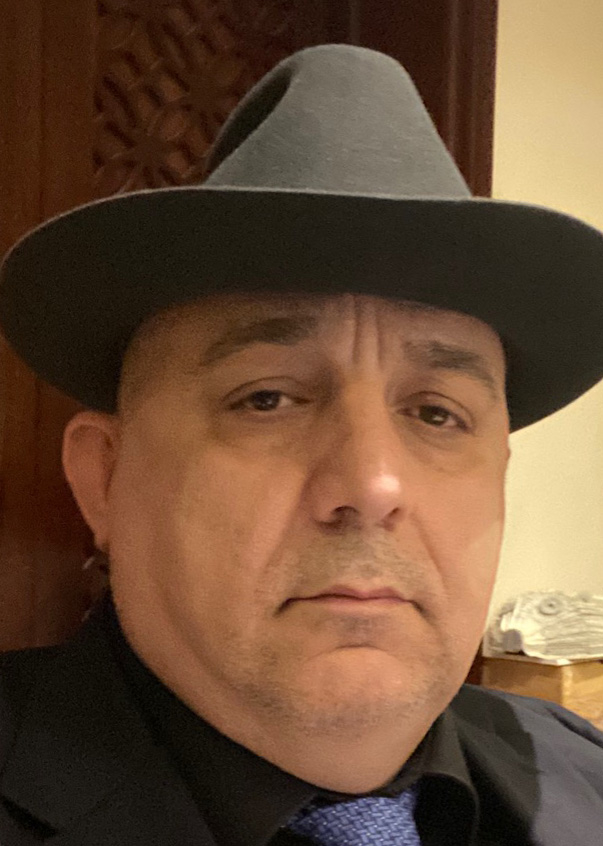Thursday, 2 July 2020 • 12–1 p.m.
The Role of Cryptography
in Our Information-Based Society

In ancient history, classic cryptography referred to the science of writing in a secret manner, where “crypto” stands for hidden or secret and “graphy” stands for writing, in Ancient Greek language. The use of cryptography during the second world war indirectly boosted the invention of computers. Modern cryptography appeared five decades ago via a mixture of Mathematics and Computer Science, in the same decade when microprocessors were built for personal computers and the Internet was built to create a wide area network between academic and governmental institutions. Nowadays, the mobile cellular network revolution followed the Internet revolution directly hitting our lives by social media applications, online banking applications, remote work and remote teaching as recently observed in the course of the coronavirus crisis. This big change in our society is due to all types of information being translated into numbers, i.e., we live in an advanced phase of the digital era.
Numbers, also known as data, allow information to be processed and transmitted at high speed. Information is constituted by still images or video recordings, by text written in electronic messages or in files, or by any physical measurement converted into numbers/data. Cryptography plays a major role in our information-based society by offering techniques to secure our data, whether data is stored on electronic devices or transmitted via the Internet. A simplified model of cryptography assumes that the sender encrypts data (encryption) to make it unreadable by any adversary (a spy or a hacker) except for the legitimate receiver who can decrypt the data (decryption).
I will start my talk by a brief history of cryptography. Then I will describe modern algorithms for key exchange, symmetric and asymmetric encryption, and digital signature. I will describe the aim of a young branch of cryptography known as post-quantum cryptography in devising new encryption algorithms that are secure against attacks by future powerful quantum computers. I will also briefly cite practical examples such as the role of a password on your computer, how secure communications are encrypted (web and virtual private networks), and the algorithms used by WhatsApp for securing data communications between smartphone users.

Dr. Joseph Boutros
Joseph Jean Boutros received the M.S. degree in electrical engineering in 1992 and the Ph.D. degree in 1996, both from Ecole Nationale Superieure des Telecommunications (ENST, Telecom Paris), Paris, France. From 1996 to 2006, he was with the Communications and Electronics Department at ENST as an associate professor. Dr. Boutros also was a member of the research unit UMR-5141 of the French National Scientific Research Center (CNRS) in Paris. In 2007, Dr. Boutros joined Texas A&M University at Qatar as a professor in the Electrical Engineering Program. Dr. Boutros teaches courses in signal processing, communication theory, probability theory, and computer programming. His mathematical approach for teaching communication theory is combined with a strong practical computing component. Dr. Boutros has been a scientific consultant for Alcatel Space, Philips Research, and Motorola Semiconductors, and member of the Digital Signal Processing team at Juniper Networks Cable. His fields of research are codes on graphs, sphere packing and lattices, iterative decoding, codes for security, and connections between coding theory and other areas, such as cryptography and machine learning. His research is mainly performed under grants and tight collaboration with private companies and public institutions such as Mitsubishi Electric Europe (Rennes, France), Google Pittsburgh (USA), Nokia Bell-Labs Paris (France), and the Qatar National Research Fund. Dr. Boutros is a senior member of the IEEE society. He is co-inventor of 14 industrial patents, including algorithms and techniques in channel coding and digital communications. In 2019, Dr. Boutros was appointed holder of the Occidental Petroleum Professorship in STEM Leadership.
